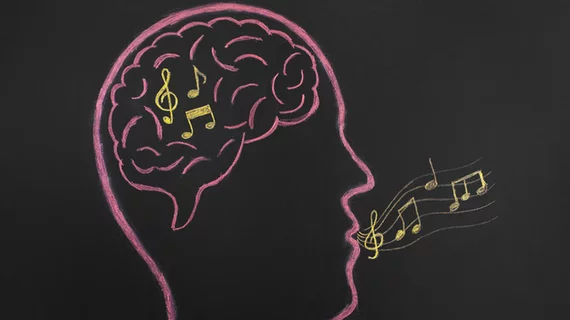AI-enhanced music used to ease anxiety during an MRI
Those who have had an MRI experienced how claustrophobic and strange it can be, and adding entertainment doesn’t always pass the time. However, a new initiative to develop soothing music utilizing artificial intelligence may make being inside a scanner a little easier for anxious patients.
Walter Werzowa, known for composing jingles for Intel and AT&T, came up with the idea to produce new music for MRIs after witnessing his son’s anxiety during the procedure. He founded HealthTunes, a nonprofit aimed at alleviating MRI-related anxiety using music and technology.
HealthTunes creates music with AI-enhanced binaural beats, which means playing different frequencies in each ear to create a calming effect on the brain, thus reducing claustrophobia and anxiety during MRI scans. The organization collaborates with Prenuvo, which offers whole-body MRI screenings nationwide. HealthTunes offers curated playlists that incorporate binaural beats into various music genres, ranging from classical to pop to EDM, catering to diverse preferences.
According to a story in FastCompany, initial results from deploying HealthTunes seem to show a significant reduction in patient anxiety during MRI scans, and patient feedback at Prenuvo is positive. However, the scientific evidence for the efficacy of binaural beats requires further study.
As part of a larger push to use music, HealthTunes continues to expand its offerings beyond MRIs, hoping its music can ease the anxiety of patients during a variety of procedures.
For the full story with photos and an interview with Werzowa, check out the link to the feature in FastCompany below.

